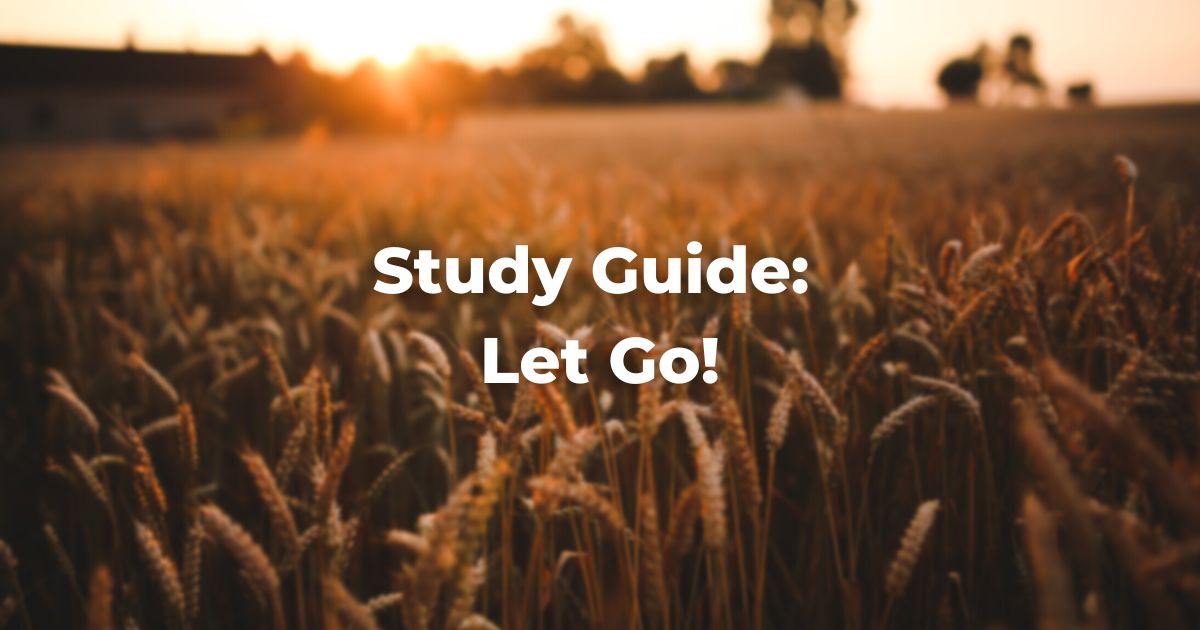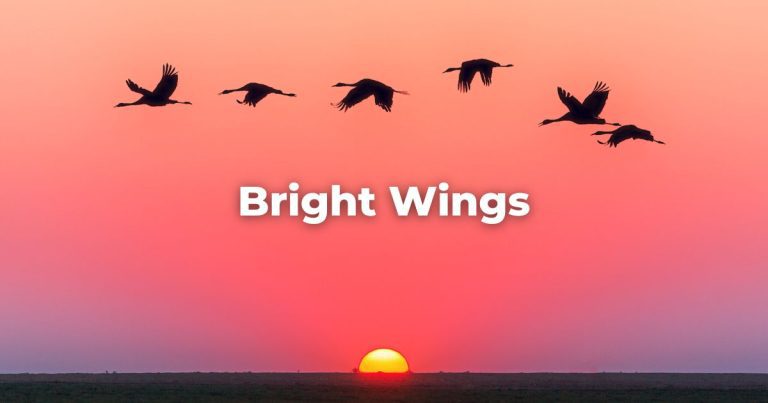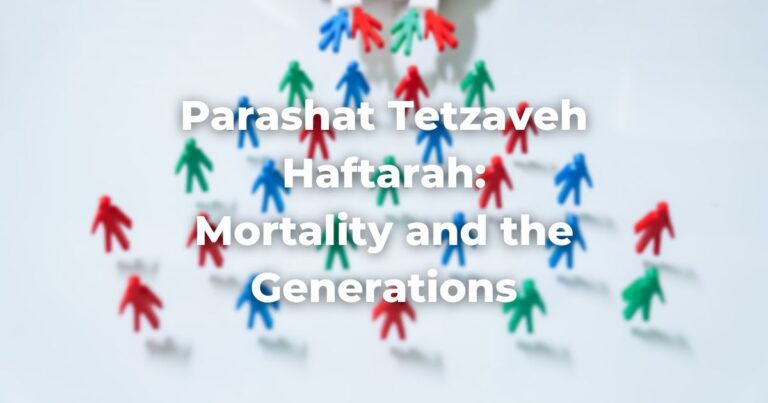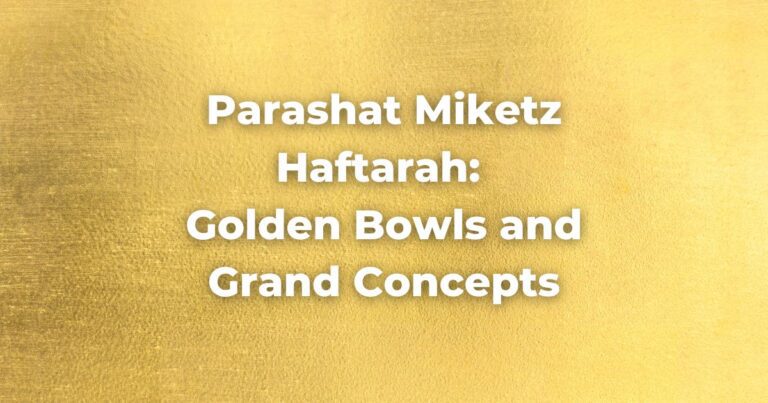Text: Shemot 23:10-11
10 And six years you shall sow your land, and you shall gather in its produce, 11 and the seventh you shall let go of it and abandon it, and the poor of your people will eat; and the extra, the beasts of the field may eat; so shall you do with your vineyard and your olives.
This brief passage refers to the year we call Shmitah (literally “letting go”), occurring every seventh year. 5782 (2021-2022) was a Shmitah year. The rules regarding the use of land during Shmitah apply only in Israel.
- This mitzvah involves letting go of the land in the seventh year. From what you can gather here, what does it mean to “let go”?
- Why do you think the TorahRefers to the first five books of the Hebrew Bible, the Tanakh, also called the Five Books of Moses, Pentateuch or the Hebrew equivalent, Humash. This is also called the Written Torah. The term may also refer to teachings that expound on Jewish tradition. Read more prefaces the mitzvah with the statement that you shall work and gather the produce for six years?
- Whose responsibility is it to make sure that the poor person gets food from the land?
Commentary: R’ Avraham ben HaRambam on Shemot 23:11
…in this mitzvah there is compassion for the poor in a manner different from Tzedakah etc, because in it (Tzedakah), the demeaning of those asking is usually involved, and in this one they (the poor) will be equal to the owner in taking it. And therefore, the Scripture presented it using the term of abandonment and did not present it using the term of giving, as it does in loans: ‘you shall surely give’, ‘you shall surely open [your hand]’ (Deuteronomy 15).
And although there is in this [mitzvah] compassion for the poor, there is also a great usefulness for the rich field owners [when they] practice the quality of generosity and exercise being kind.
- What is the difference for the poor person between receiving Tzedakah and collecting from the field during Shmitah? Why is this difference significant, and for whom?
- How does R. Avraham ben HaRambam prove his idea from the language of the text?
- Not only the poor benefit from the arrangement during the Shmitah. What does the owner of the field gain?
Commentary: Shadal on Shemot 23:10
And six years – after completing the legal issues, it mentions the mitzvot that are dependent on grace and kindness, which are beyond the legal call of duty. Here, in Shmitah, it says “and the poor of your people will eat” …And it also commands compassion for animals, as it says “and the extra, the beast of the field may eat” …
- Why do you think that a mitzvah of this nature is placed after the more standard legal material?
- Do you think that it is possible to breed compassion and kindness through legislation? What are the benefits and pitfalls of this method?
See more: Parashat Mishpatim
Originally posted as part of the Conservative Yeshiva at the Fuchsberg Jerusalem Center’s Torah Sparks. Support Torah learning from the Fuchsberg Jerusalem Center/Conservative Yeshiva for leaders and seekers around the world here.
Authors
-

Vered Hollander-Goldfarb teaches Tanach and Medieval Commentators at the Conservative Yeshiva and is a regular contributor to Torah Sparks, FJC’s weekly message on the weekly Torah portion. She received her M.A. in Judaic Studies and Tanach from the Bernard Revel Graduate School of Yeshiva University and studied at Bar-Ilan University and the Jewish Theological Seminary. Before making aliyah, Vered taught at Ramaz School and Stern College in New York.
View all posts -



The Fuchsberg Jerusalem Center (FJC) is a home in the heart of Jerusalem where leaders and seekers can find an authentic place in Jewish tradition to call their own. FJC offers opportunities to study, pray and explore within an egalitarian and inclusive setting, creating multiple pathways for finding personal and communal meaning.
View all posts






